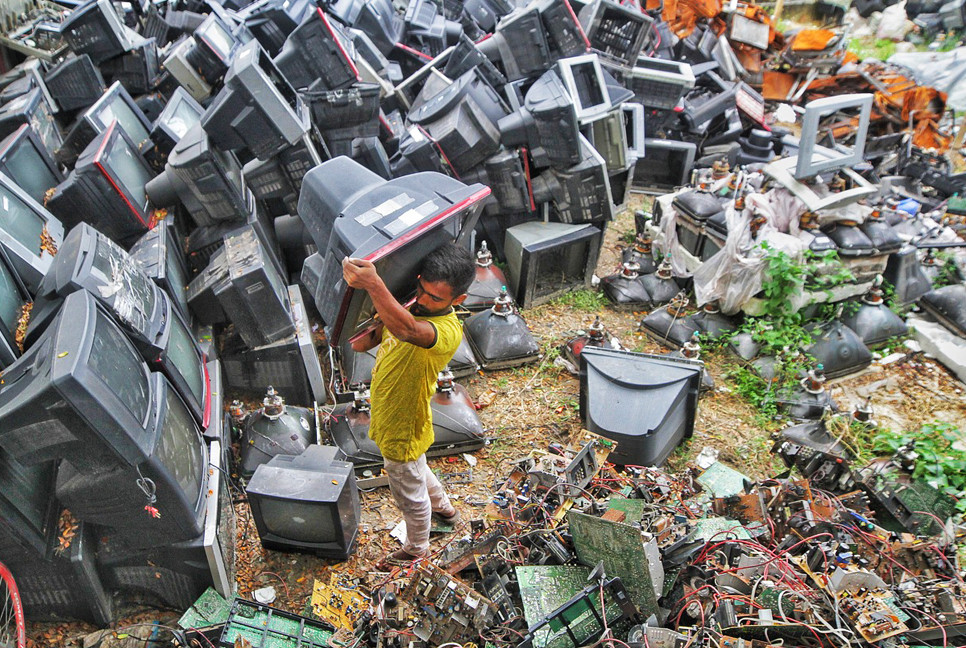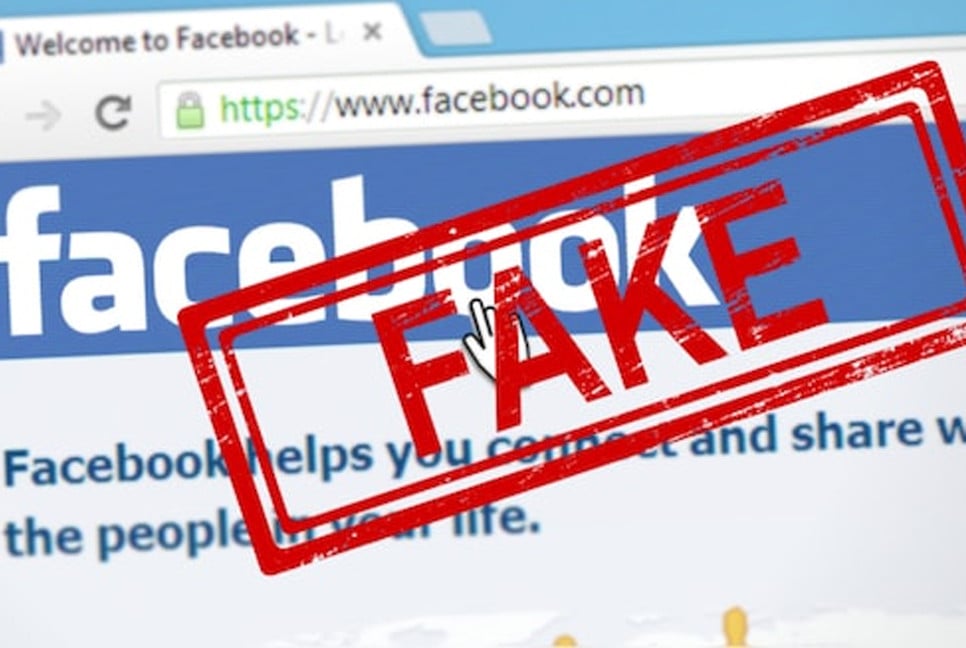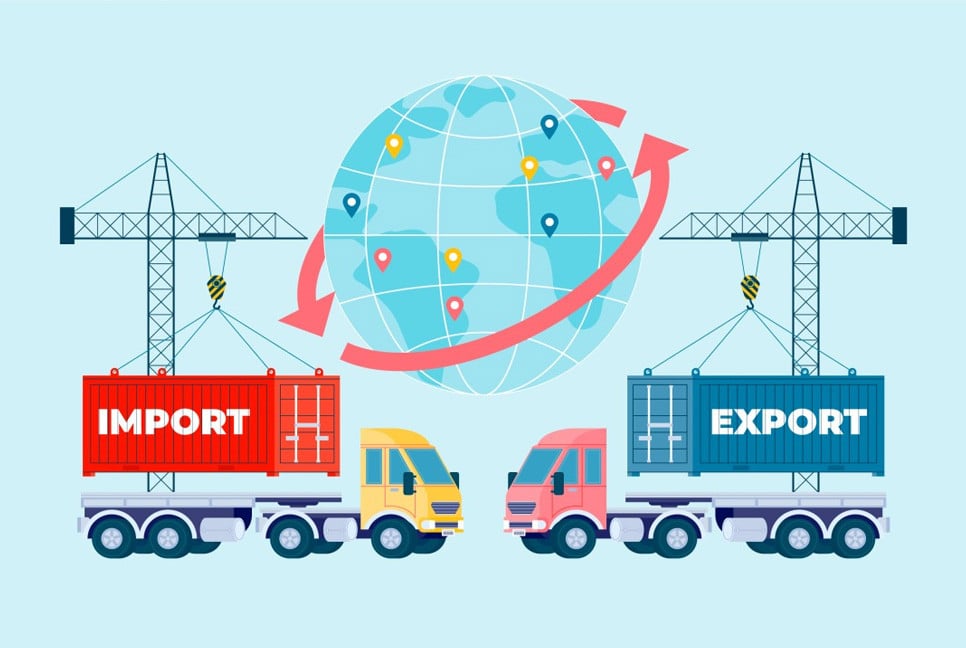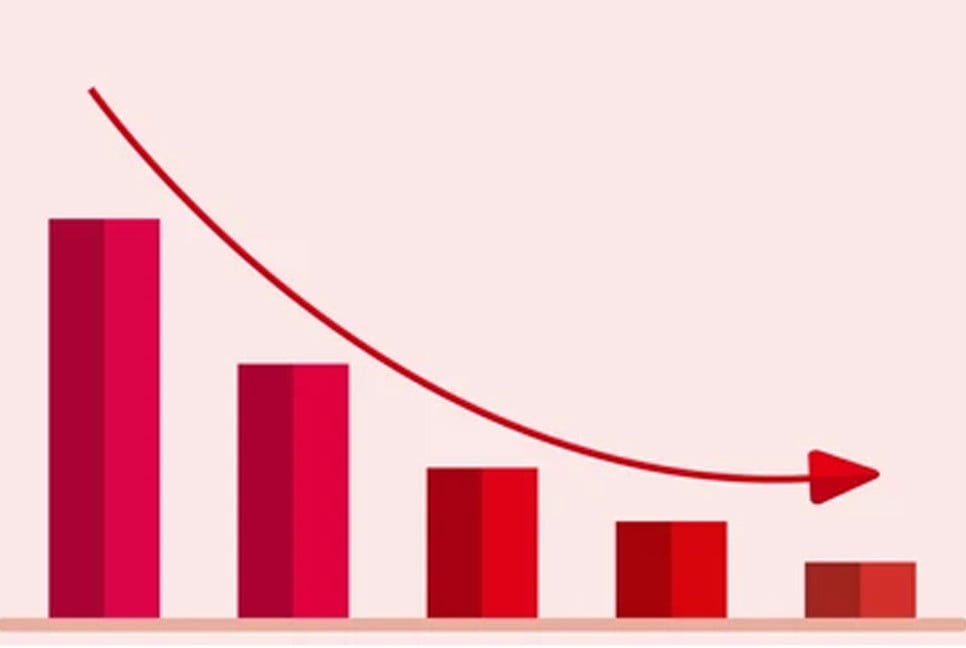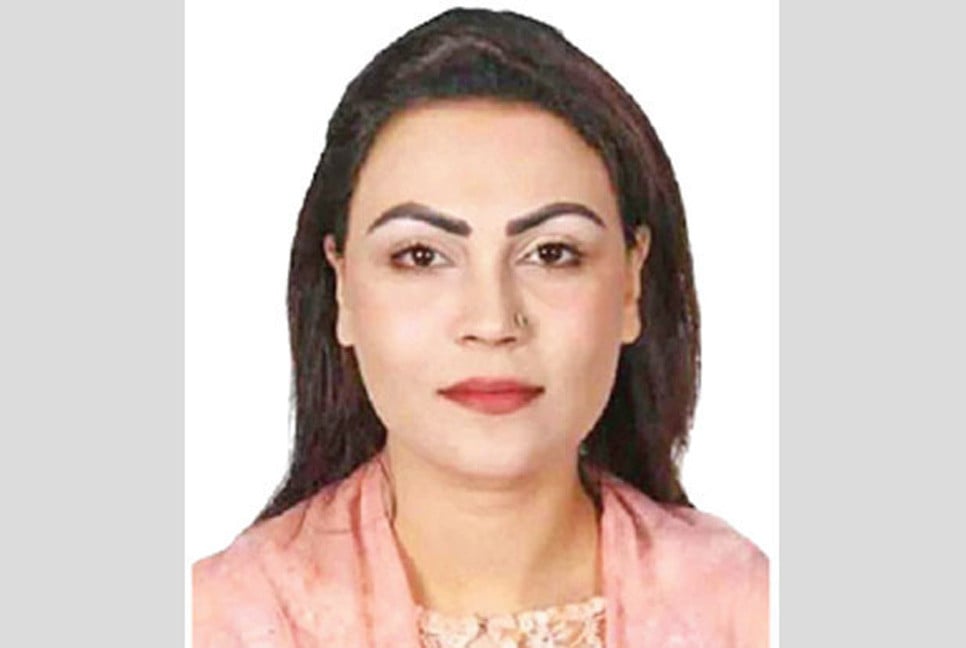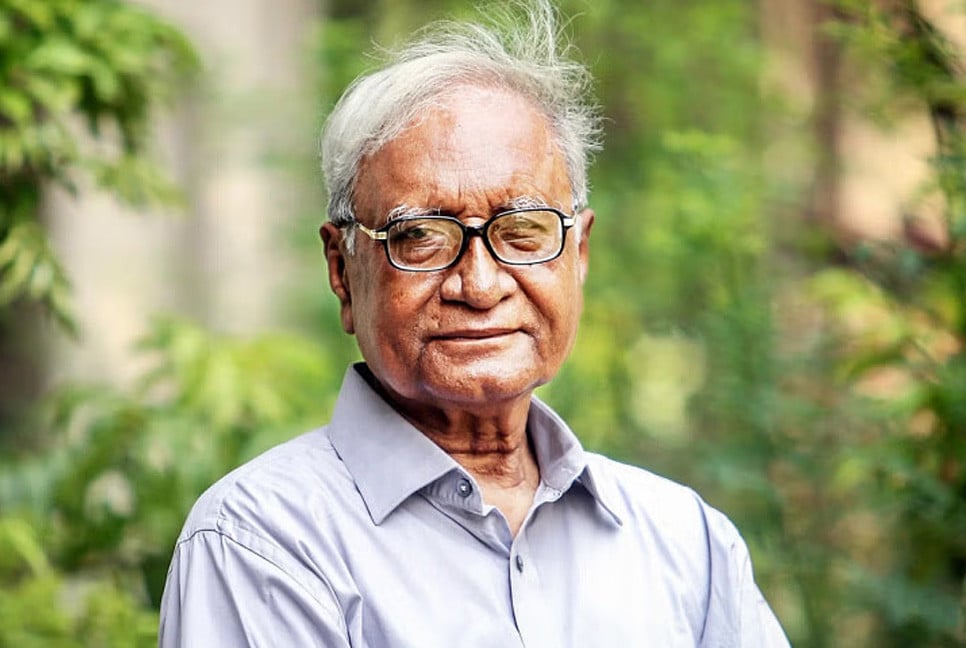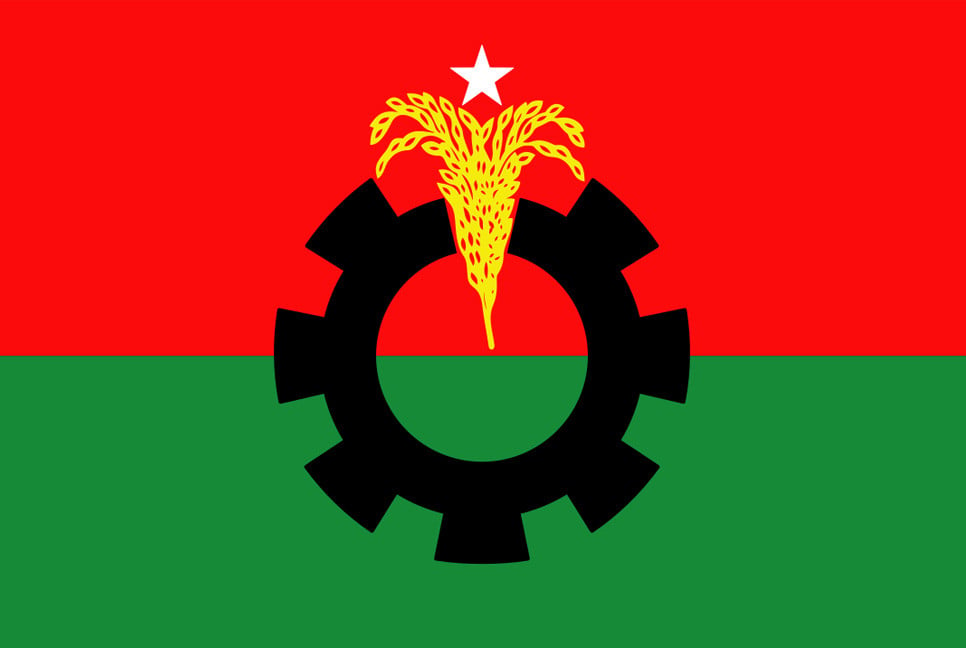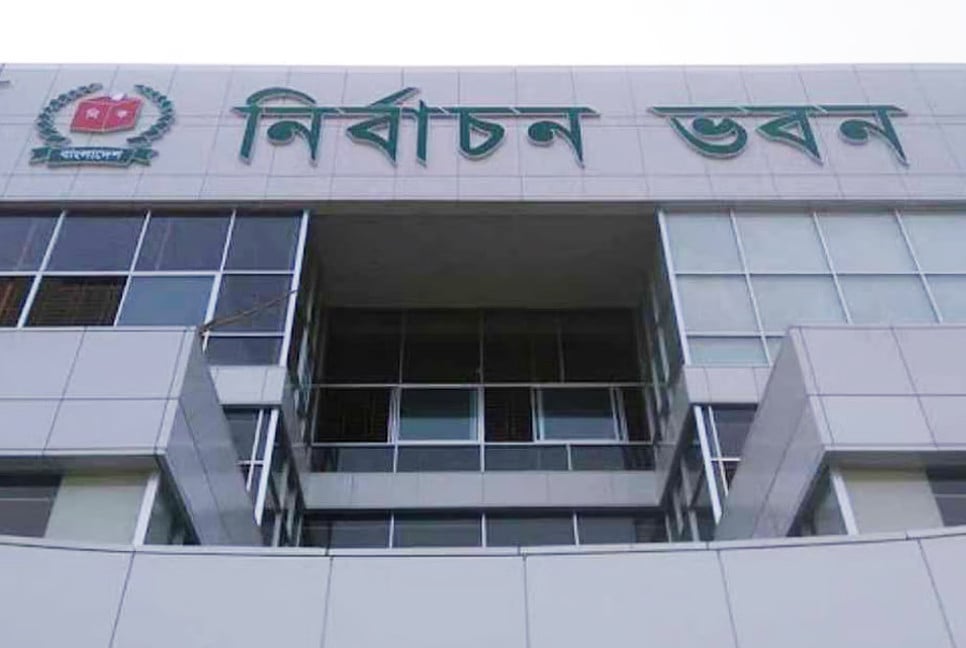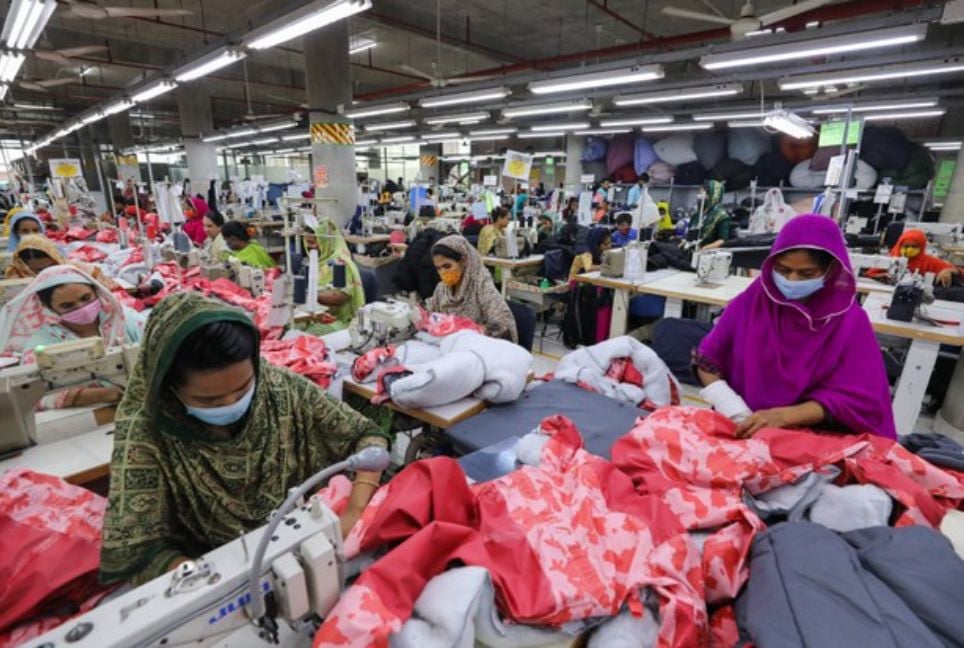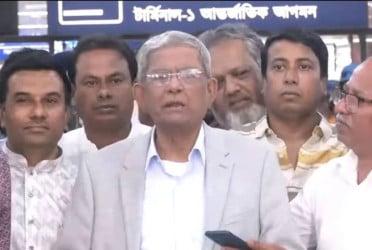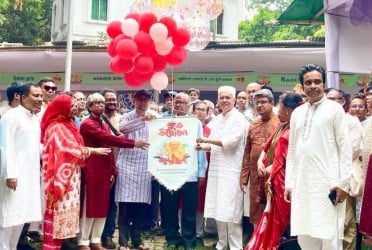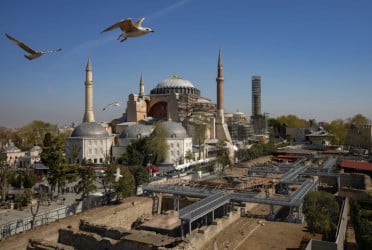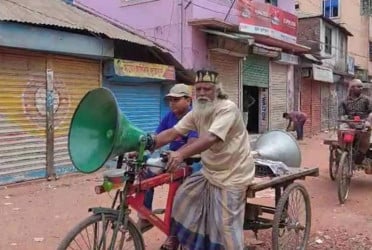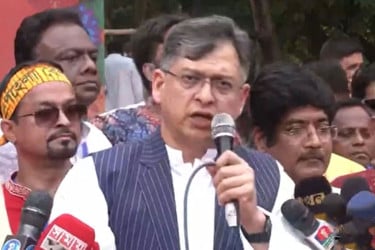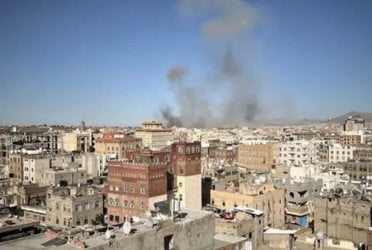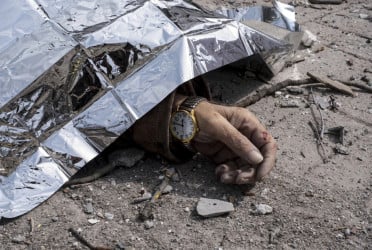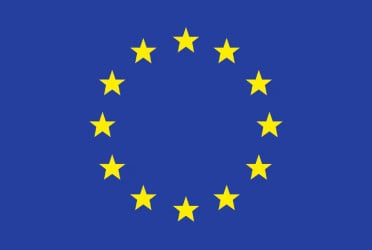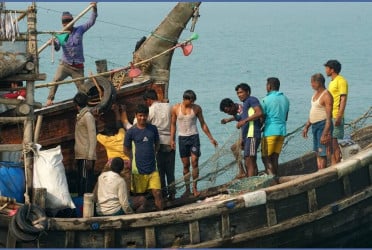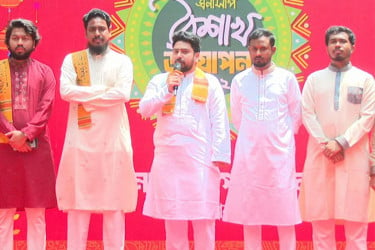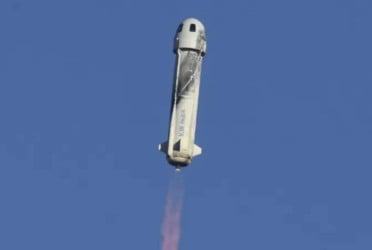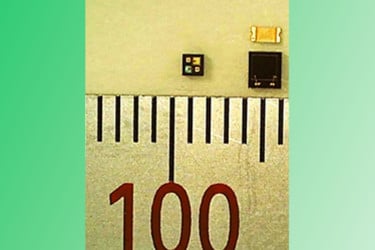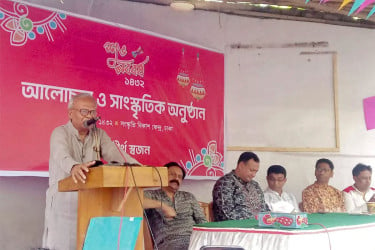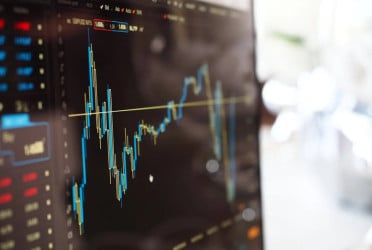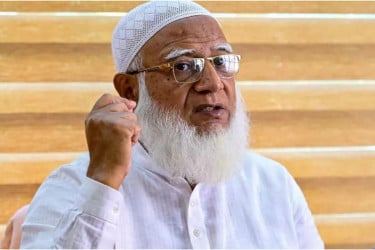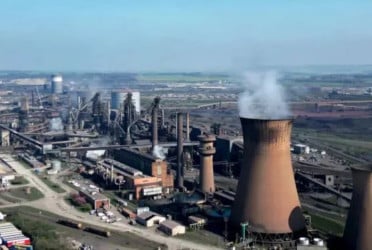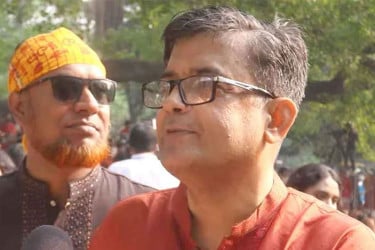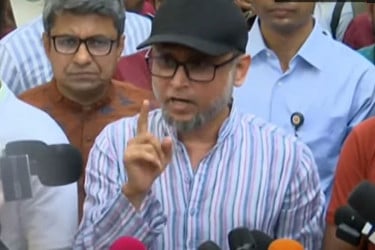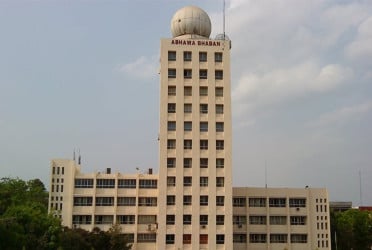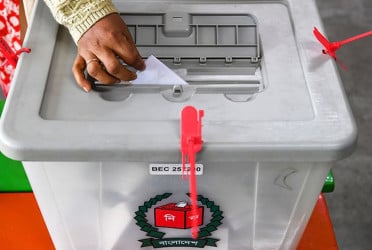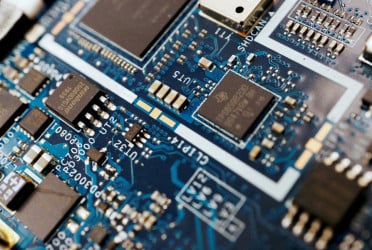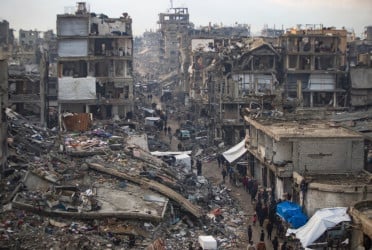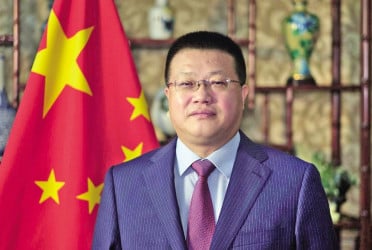The presence of e-waste contributing to environment polution has been increasing its intensity day by day. This toxic wastage is damaging the environment, as well as entailing poisonous effect on human health conditions. According to the ‘E-waste Monitor Report 2024’ Bangladesh is one of the biggest producers of e-waste in South Asia.
In the monitoring of local markets, it has been revealed that Bangladesh is gradually developing in IT, media and telecommunication sector. In addition, the markets of electronic products are also getting larger. However, it’s a matter of great concern that the toxin chemical and heavy metal-substances coming out of these products are getting mixed with in the environment and entailing big crisis.
Experts say that e-waste causes health problems like cancer, respiratory problems, neurological problems, hearing problems, vision loss, infant mortality, and birth defects. At the same time, e-waste is also creating a threat to the lives of wildlife as it creates air pollution, water pollution, and land pollution. In this situation, the government is preparing an e-waste guideline in collaboration with the World Bank under the e-waste regulations.
Recently, Syeda Rizwana Hasan, the advisor on Environment, Forest and Climate Change of the Interim Government said that the government will implement the e-Waste Rules 2021, which will play an important role in electronic waste management.
She also said, “Emphasis is being placed on reducing electronic waste.”
Industry stakeholders say 3 million metric tons of e-waste are being generated in the country every year. Out of this, 1.5 million tons of e-waste is generated from mobile sets alone. And from 2 lakh 96 thousand 302 units of broken televisions, 1.7 lakh tons of e-waste are also generated. The amount of this waste is increasing at the rate of 30 percent every year. They also said that if a mobile phone is recycled, there is a chance to get up to Tk 200 from per set. But due to the lack of recycling factories in the country, entrepreneurs are collecting them and sending them abroad. Although they are financially profitable, recycling e-waste in the country does not make much money. We have to do a lot of awareness activities about the digitization and use of digital products. But still people are not aware of the harmful aspects of e-waste. In this case, the Department of Environment should take awareness activities in this regard. Those who import and sell such products should also understand that when these products expire, they are harmful to the environment and human health. Common products from which e-waste is generated are TV and computer monitors, TV and computer components, audio and video players, CFL bulbs, video cameras, telephones and mobile sets, fax and photocopy machines, etc.
According to Bangladesh Telecommunication Regulatory Commission (BTRC), the number of mobile phone subscribers in the country is 193.6 million. A mobile set has a lifespan of two to three years before it ends its useful life, but millions of mobile sets are added to the nation's e-waste every year. Along with this, there are old and damaged computers, TVs, fridges, ACs, microwaves and other electronic items. Research shows that most mobile phone users and repairers do not know what kind of heavy metals mobile phones contain. They are also not very aware about the thing called e-waste. 73 percent of mobile repairers leave old and damaged mobile sets in the store rooms. And 40 percent of mobile users leave their broken mobile phones everywhere, starting from home to leaving it in the streets. According to a research report titled 'E-Waste-Bangladesh Situation' by the Environment and Social Development Organization (ESDO), the most e-waste piles in the capital Dhaka are in Islampur, Kamrangichar, Jinjira, Mirpur No. 11 and 12 and Mohammadpur. It also said that more than 50 thousand children of the country are involved in e-waste collection and recycling process. More than 15 percent of children die in e-waste collection and management. And more than 83 percent of children get sick after being exposed to toxic substances.
E-waste contains unhealthy toxins like lead-mercury. According to the World Health Organization, e-waste can disrupt the development of the central nervous system during human pregnancy, childhood and adolescence if proper procedures are not followed in the recycling process. It also affects the structural development and function of the lungs. There are only a handful of licensed e-waste processing plants in the country. There are also questions about their working methods. E-waste management regulations were issued in the country in 2021 in the face of demands from various organizations. But the country's e-waste management program is not that much visible and the implementation of these rules is also quite lax.
Rajinara Begum, Director (Waste and Chemicals Management) of the Department of Environment on Thursday told The Bangladesh Pratidin, "We have a project going on with e-waste. Apart from this, an e-waste guideline is being prepared under the e-waste regulations with the assistance of the World Bank. We have several recyclers that have licenses. We do recycle products to a certain extent here but we are not yet up to the point where precious metals could be extracted out. E-waste is exported. Although the awareness about e-waste among people is less, people collect more of this waste informally. In the rules, we have mentioned some specific points for e-waste. In this regard, the city corporation authorities have also been informed to implement it. The issue will also be given importance in the guidelines regarding e-waste.”
Professor BM Mainul Hossain, director of Information Technology Institute of University of Dhaka, told The Bangladesh Pratidin, “The use of electronic devices in the country is increasing day by day. When these devices reach the end of their lifetime, if we do not recycle them, there is a threat to the environment as there are several harmful substances in them. They are also a threat to human health. Again if the e-waste is recycled then there is an opportunity to benefit economically from it. We should have a concrete plan for e-waste. The policies that have been made in this regard are about 10 years ago. But even in all these years, it could not be implemented somehow. As a lot of electronic devices are coming, now we have to think about the action plan in this regard. International standard recycling plant should be built in the country. Along with this, policies should be made in this regard by looking at the environment. There should be detailed action plans for everyone from the traders in this sector to those who collect e-waste and use digital products.”
(Translated by Lutful Hoque)

